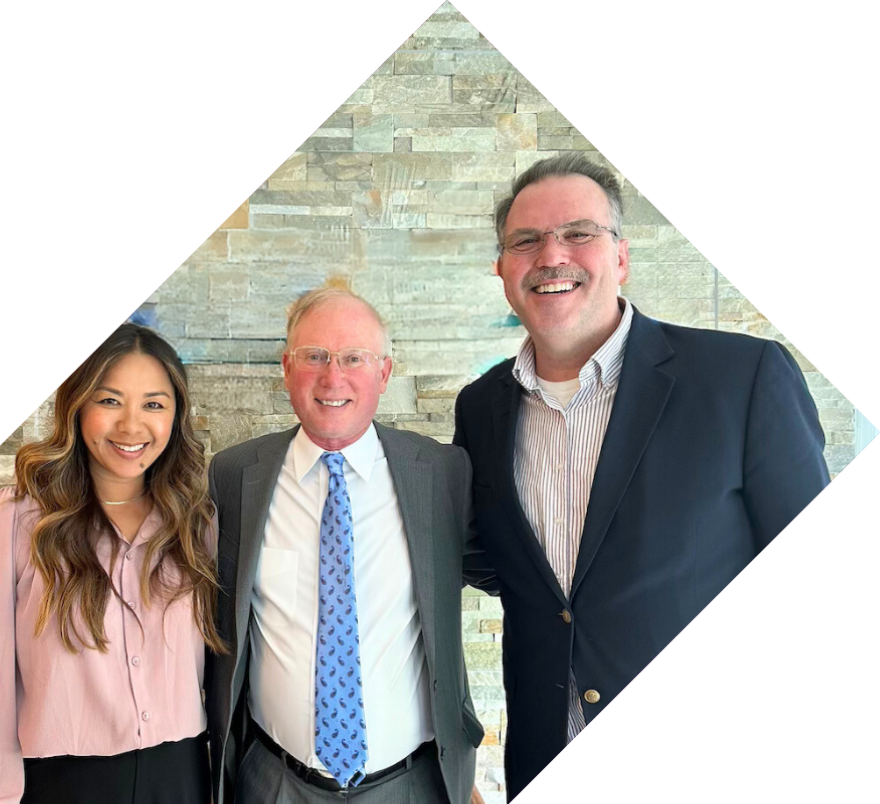Going independent is a big step in any advisor’s career, and it can be difficult knowing where or even how to begin, especially when every journey you’ve heard about seems so unique.
The road to independence is highly individualized. I’ve helped many advisors identify which path is right for them and, so far, no two experiences have been the same. What’s interesting, though, is how everyone starts out on relatively common ground: by searching for answers to the same key questions.
Below are three of the most common questions advisors ask before deciding whether to go independent. If you’re thinking of taking the leap, these may sound familiar to you.
Will my clients come with me?
No advisor wants to leave part of their book behind, and you might be surprised by the choices some of your clients make when you announce your independence. What matters most, though, is that your clients trust you. After having helped more than 650 advisors go independent, we at Private Advisor Group have found that most clients will follow you if they can trust you to do these two things:
- To focus on doing what’s right for them as a fiduciary.
- To transition them quickly, easily, and without headache.
A recent study conducted by Charles Schwab confirms that acting in your clients’ best interests is also in your best interest. 94% of advisors report going independent to better serve their clients, and advisors retain an average of 87% of their clients when moving to an independent model.1
At the end of the day, though, it’s okay if not every client comes with you. Going independent is your chance to work with clients who have made a proactive decision to work with you – and, chances are, any deficit you have will be short-lived. In fact, 95% of PAG advisors report their business has grown since going independent.
Will I be better off?
The odds are most certainly in your favor! Most advisors – 93%! – are happier since going independent, and even more would make the transition again if they had to.1
Considering the many perks to running your own practice, it’s no wonder why so few independent advisors ever look back.
There is one regret shared by two-thirds of advisors, though – and it’s that they wish they’d made the decision to go solo sooner.1 Take that to heart as you weigh the decision for yourself because today’s environment is ripe for independents.
Here’s why you shouldn’t wait: Most advisors today are over age 50, and many have already started to retire. Meanwhile, certain consumer demographics are on the rise. More women are making financial decisions than ever before, and more millennials are seeking help with their financial planning. Independent advisors, therefore, have the dual advantage of increased demand for their services while the number of advisors available to provide those services is shrinking. For most advisors considering independence, now is the time to make the move.
What could prevent me from doing this?
Your biggest hiccup when going independent is likely to come from a non-compete or non-solicit agreement you’ve signed with your current firm.
A non-compete agreement is an agreement not to work for a competitor, generally within a specific geographic region for a specific length of time. While every state has different rules governing what’s enforceable, courts don’t typically rule in favor of these agreements because doing so would force you out of a career.
Non-solicit agreements, on the other hand, permit you to work for a competitor but prohibit you from soliciting your clients after leaving your firm. These agreements can be tricker to get out of because, upon first glance, the public sees them as a win-win. In reality, though, an advisor who cannot solicit their previous book of business is effectively out of business.
If you’ve signed a non-compete or non-solicit agreement, the first thing you should do is consult a qualified attorney who can advise on how best to break free. Very few of the advisors I’ve consulted with are unable to get out of their agreements, but most are able.
If you’re thinking of going independent, you’re going to have questions – and a lot of them! At PAG, we can give you answers. If you’re ready to talk, I’m here to help.
References
1. Independent Advisor Study. March 2018. Charles Schwaab. (PDF)





